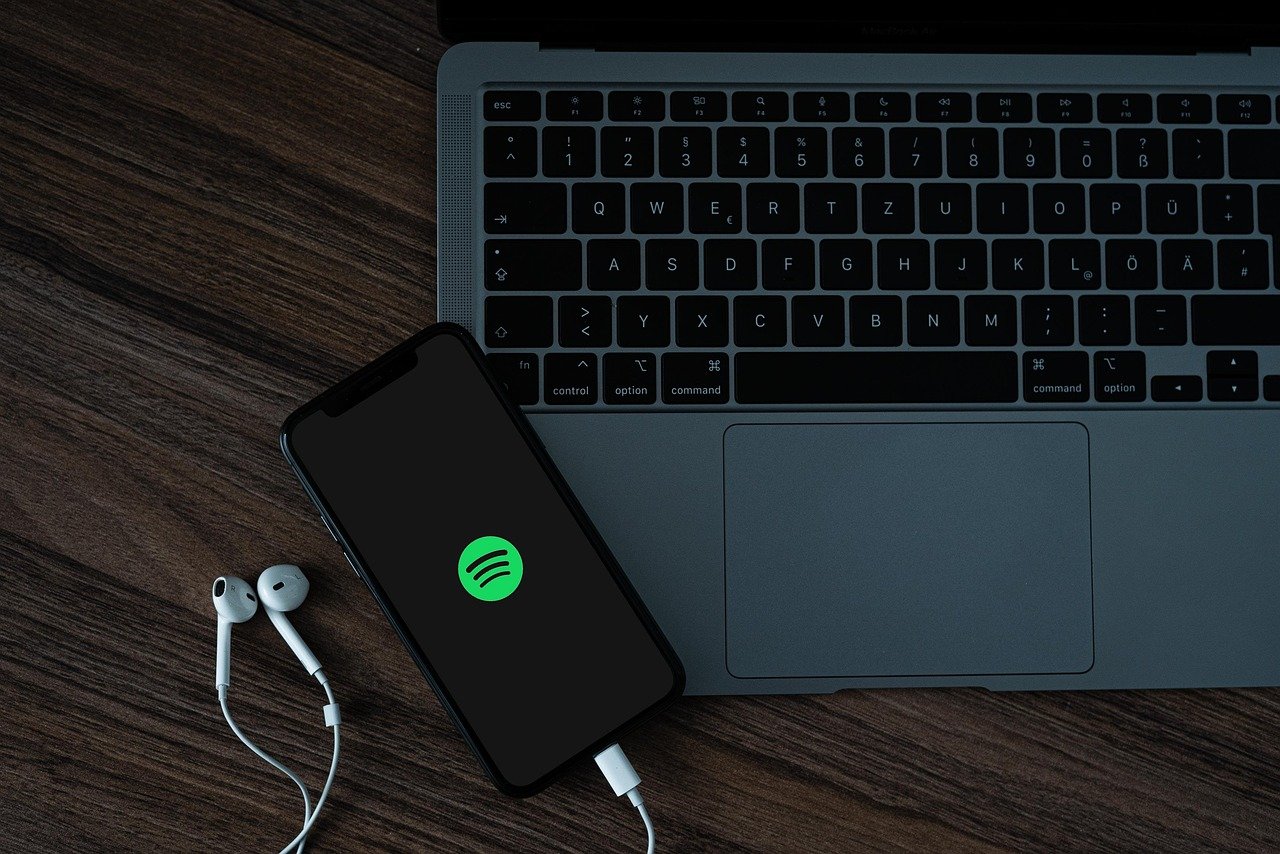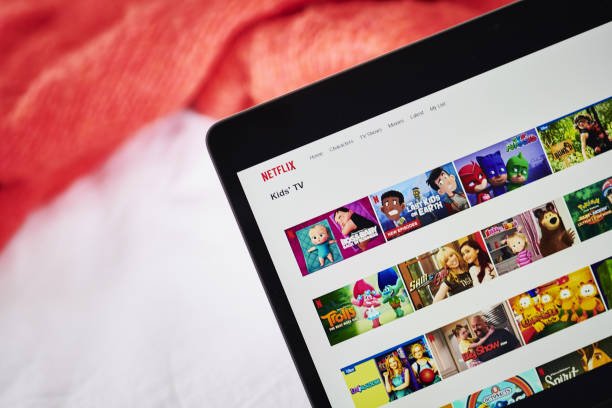Spotify recently released its annual Loud & Clear report, highlighting the growth in royalty payments to artists. The company claims it paid out $10 billion to the music industry in 2024, aiming to address concerns about fair compensation for musicians. However, many artists and industry professionals argue that the current payout model still falls short.
One key highlight from the report is that, for the first time, an artist receiving one in every million streams on Spotify earned over $10,000 in 2024, a tenfold increase compared to a decade ago. While Spotify presents this as a major improvement, many songwriters and musicians feel that their earnings remain insufficient. Recently, Grammy-nominated songwriters even boycotted Spotify’s Grammy event due to decreasing royalties. Billboard estimates that a recent Spotify policy change could result in a $150 million loss for songwriters over the next year.
A report from Duetti further fueled the debate, revealing that Spotify pays artists only $3.0 per 1,000 streams. In contrast, Apple Music pays $6.2, Amazon Music $8.8, and YouTube $4.8 per 1,000 streams. Spotify dismissed these claims, stating that “no streaming service pays per stream” and that royalties are based on streamshare rather than a fixed rate.
Despite criticism, Spotify maintains that its payments are improving. According to the report, the number of artists earning royalties has tripled since 2017. Over 200 artists earned more than $5 million in 2024, compared to just one artist achieving that milestone a decade ago. Additionally, the 10,000th-ranked artist saw earnings grow from $34,000 in 2014 to $131,000 in 2024, while the 100,000th-ranked artist’s royalties increased from under $600 to nearly $6,000.
Spotify also revealed that nearly 1,500 artists generated over $1 million in royalties last year, with 80% of them never making it to the Spotify Global Daily Top 50 chart. This suggests that independent and lesser-known artists are still making substantial earnings. The report further highlights that artists earning over $100,000 recorded music in over 50 languages, while those earning $1 million or more produced songs in 17 languages.
However, organizations like the Union of Musicians and Allied Workers (UMAW) argue that Spotify does not directly compensate artists. They advocate for policies like the Living Wage for Musicians Act, which aims to ensure fair streaming royalties.
While Spotify emphasizes growth in artist earnings, the debate over fair pay in the music industry continues. As streaming remains the dominant way people consume music, the question remains—are artists truly benefiting, or is there still a long road ahead for fair compensation?






















